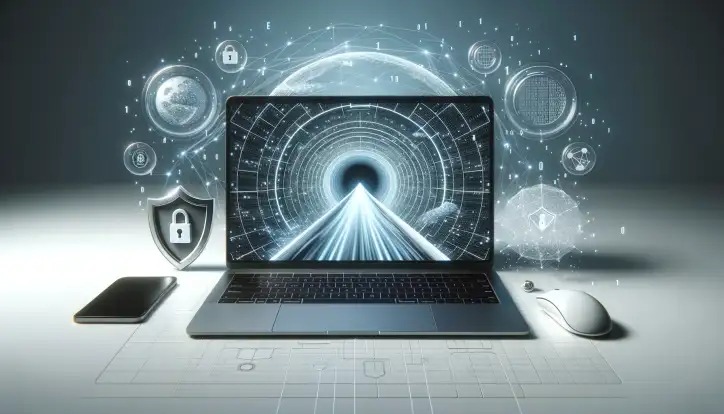What is P2P VPN: A Comprehensive Guide for Digital Nomads


Did you know that P2P VPNs are a game-changer in the world of online privacy? With cyber threats on the rise, it's no longer an option to ignore the security of your internet connection. In this article, I'll go through everything you need to know about P2P VPNs, from what they are to why they're essential for digital nomads like myself.
What Is P2P VPN?
P2P VPN, or Peer-to-Peer Virtual Private Network, is an advanced form of networking.
It enables computers to connect directly to each other over the internet, bypassing central servers.
This unique setup offers both privacy and efficiency, as data doesn't need to travel through multiple nodes.
However, it's crucial to select a VPN provider that allows P2P traffic to fully benefit from this technology.
The basics of Peer-to-Peer networking
Peer-to-peer networking, commonly known as P2P, is a basic concept in the world of networking.
It's a decentralized form of networking where all participants, or 'peers', share their resources like storage, bandwidth, and processing power.
This is different from traditional client-server models where a central server provides resources or services.
In P2P networking, each peer acts as both a client and a server, contributing to the network's overall efficiency and resilience.
This concept is crucial for P2P VPNs, as it allows for secure, direct connections between users without the need for a central server.
The decentralized nature of P2P networking also provides a level of anonymity, as your data isn't passing through a central server that could potentially be monitored.
Combining P2P with VPN: An overview
Combining P2P with VPN provides an enhanced level of security and privacy for your online activities.
Essentially, it's a fusion of two powerful tools that fortify your internet connection.
Think of it as a digital fortress, guarding your data while enabling seamless file-sharing.
The P2P aspect allows you to share and receive files directly from other users, bypassing the need for a centralized server.
On the other hand, the VPN masks your IP address and encrypts your data, making you virtually invisible online.
This combination not only ensures your anonymity but also protects you from potential cyber threats.
In a world where digital privacy is increasingly under threat, combining P2P with VPN is a wise move.
What's the Difference Between P2P and VPN
The difference between P2P and VPN lies in their primary functions and uses.
While P2P, or peer-to-peer networking, facilitates direct data sharing between devices, VPN, or Virtual Private Network, provides a secure and private connection to the internet.
It's like comparing a courier service to a secure vault.
P2P is all about sharing and collaboration, often used for file sharing and distributed networks.
On the other hand, VPNs are about privacy and security, encrypting your data and masking your online identity.
Interestingly, a P2P VPN combines these two technologies, allowing secure and private sharing between peers.
It's a blend of the collaborative spirit of P2P and the security consciousness of VPNs.
What are the benefits and drawbacks of a P2P VPN?
Advantages of using P2P VPNs
Using P2P VPNs comes with a multitude of advantages.
- Firstly, these VPNs provide a high level of privacy as your IP address is hidden, making your online activities untraceable.
- Secondly, they offer enhanced security by encrypting your data, thus protecting you from cyber threats.
- Moreover, P2P VPNs allow for direct connections between users, which can lead to faster transfer speeds compared to traditional VPNs.
- Lastly, they can bypass geographical restrictions, enabling you to access content from anywhere in the world.
Potential risks and concerns
P2P VPNs, while advantageous, come with potential risks and concerns.
- For starters, the security of your data could be at risk as it's often difficult to ascertain the level of security provided by the other peers in the network.
- Also, if a peer in your network is engaged in illegal activities, you could inadvertently become associated with those activities.
- Another concern is the potential for slower internet speeds, especially if peers in your network have slow connections.
- Lastly, the decentralized nature of P2P VPNs can make them more susceptible to attacks, as there's no central authority to monitor and ward off potential threats.
Despite these concerns, with proper precautions and understanding, P2P VPNs can still be a viable option for many.
Is P2P Just as Secure as a VPN?
P2P or Peer-to-Peer networks can be just as secure as a VPN, but it's not a given.
It largely depends on the specific P2P network and its security measures.
VPNs, or Virtual Private Networks, are known for their high-level security, encrypting data and hiding users' IP addresses.
P2P networks, on the other hand, depend on the participants to maintain security.
If a P2P network is well-managed, it can indeed be as secure as a VPN.
However, it's essential to remember that not all P2P networks are created equal, and some may lack adequate security measures.
Therefore, while P2P can be as secure as a VPN, it's not always the case.
The security protocols in P2P
Security protocols in P2P are robust, ensuring data integrity and confidentiality.
They utilize encryption techniques to protect data from prying eyes.
However, unlike VPNs, P2P networks often lack a central authority to manage security, leading to potential vulnerabilities.
This doesn't mean they're not secure, but extra caution is necessary when sharing sensitive information.
In essence, while P2P can be secure, a VPN provides an added layer of protection.
Are P2P VPNs Safe?
P2P VPNs, are they really safe?
It's a question that's been on the mind of many tech-savvy individuals. I've wondered it myself many times, before really searching the topic.
How VPN enhances P2P safety
VPN indeed enhances P2P safety, providing an extra layer of security.
While P2P networks can be risky due to potential exposure to malicious users, a VPN protects you by masking your IP address.
This means that your identity remains anonymous, making it difficult for cybercriminals to track your activities or launch an attack.
Moreover, a VPN encrypts your data, ensuring that even if someone manages to intercept it, they can't decipher it.
Remember, though, that not all VPNs are created equal.
Choosing a VPN with robust security features and a strict no-logs policy is crucial for maximum P2P safety.
So, while engaging in P2P activities, using a VPN can significantly reduce the risks and keep your online activities private and secure.
Precautions to take when using P2P VPNs
Using P2P VPNs requires certain precautions.
Firstly, it's crucial to use a reliable and reputable VPN service, as not all of them support P2P activities.
Secondly, ensure that your VPN has a kill switch feature; this will disconnect your device from the internet if the VPN connection drops, keeping your data safe.
Also, be aware of the legal implications depending on your location, as P2P sharing can sometimes involve copyright infringement.
Lastly, always keep your antivirus software updated, as P2P networks can be a hotbed for malware.
In summary, while P2P VPNs can be a powerful tool, they must be used responsibly and with caution.
FAQ
Should I use P2P VPN?
Yes, using a P2P VPN is very beneficial.
It provides an extra layer of privacy during your online activities, which is crucial in today's digital age.
However, not all VPNs support P2P activities, so it's important to choose one that does.
Also, remember that while a VPN increases your privacy, it doesn't provide complete anonymity.
So always use it responsibly.
Should I use P2P on NordVPN?
Yes, using P2P on NordVPN is a great idea.
The platform is designed to support P2P activities, ensuring your online actions remain private and secure.
Remember, P2P stands for Peer-to-Peer networking, a decentralized form of communication where each party has equal control and access.
With NordVPN, your P2P activities are masked, keeping your data safe from prying eyes.
So, if you're concerned about privacy while using P2P, NordVPN is an excellent choice.
Which country is best for VPN for P2P?
The Netherlands stands out as the best country for VPN for P2P.
Why, you may ask?
Well, it's largely due to its robust privacy laws and high-speed internet connectivity.
Moreover, many VPN providers in the Netherlands have a no-logs policy, which is a big plus for P2P users.
So, if you're looking for a P2P friendly VPN, the Netherlands should be at the top of your list.
Is A P2P VPN Faster?
Yes, a P2P VPN can be faster.
This is due to its decentralized nature, which avoids the potential bottleneck of a central server.
However, speed can vary depending on the number of peers and their locations.
Also, keep in mind that while a P2P VPN can offer improved speeds, it doesn't guarantee complete anonymity or security.
References
wikipedia.orgcomputerworld.com
Read more
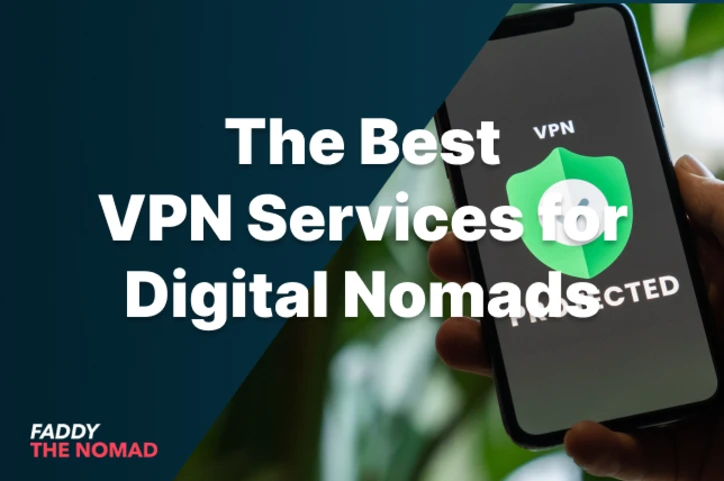
The 7 Best VPN Services in 2023 for Digital Nomads
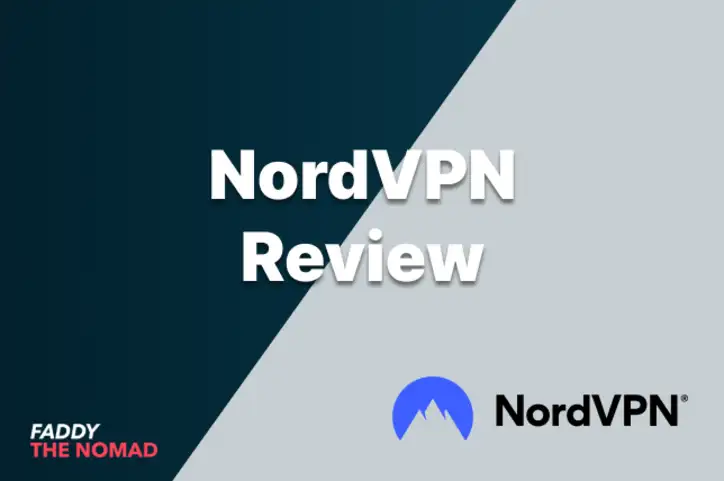
NordVPN Review 2023: Is It Worth The Hype?
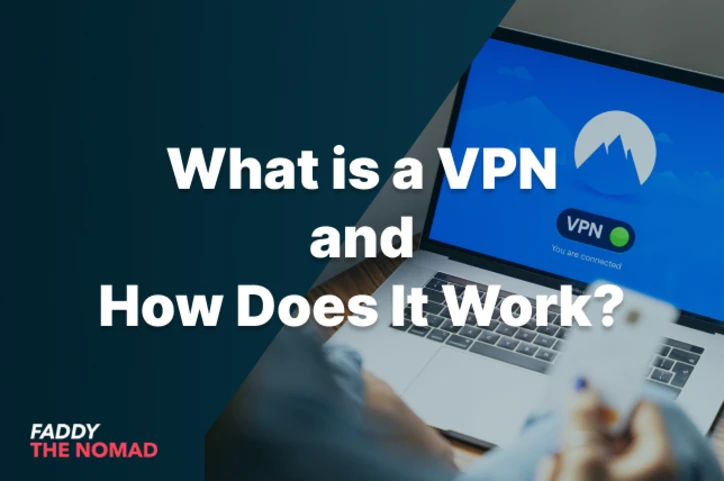
What is a VPN and How Does It Work?
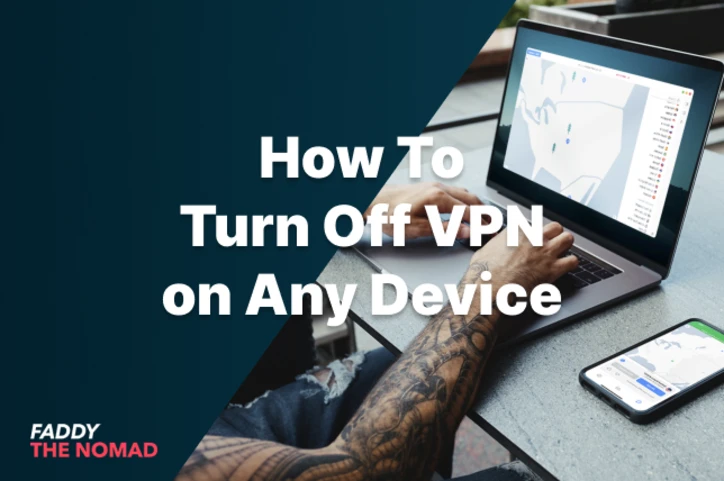
How To Turn Off VPN on Any Device
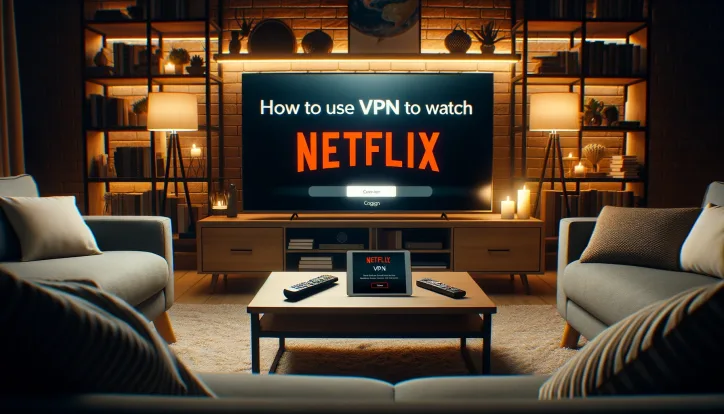
How to Use Netflix with VPN: Guide for Nomads & Travelers

What is a VPN on iPhone: Why You Absolutely Must Have One

What Does a VPN Hide? Answer: Most Things But Not Everything
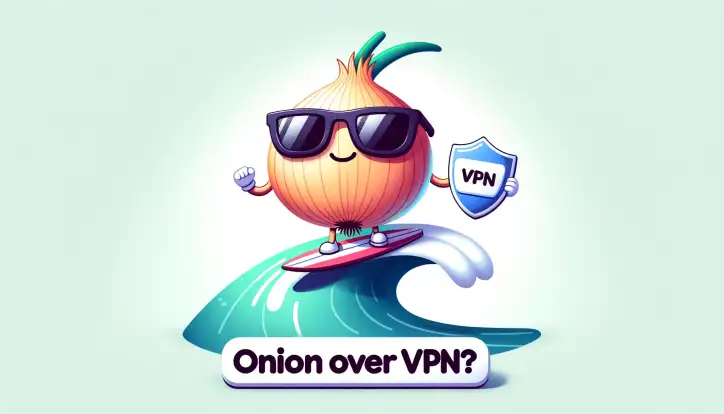
What is Onion Over VPN: The Ultimate Online Protection?

How to Use VPN on Xbox: An Easy Step by Step Guide
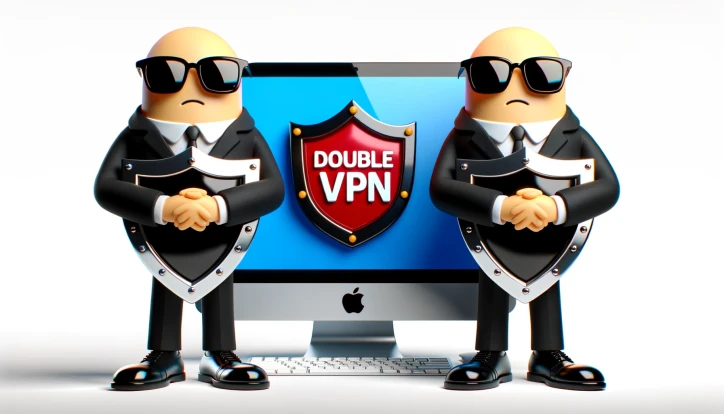
What is Double VPN? A Comprehensive Guide for Beginners
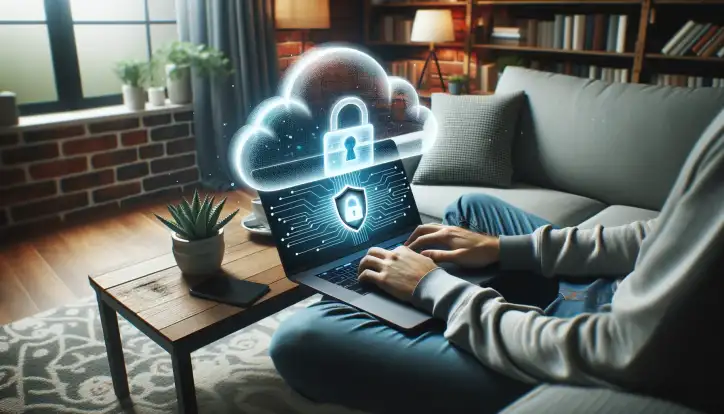
Why Use a VPN at Home: Top 7 Reasons You Didn't Know About
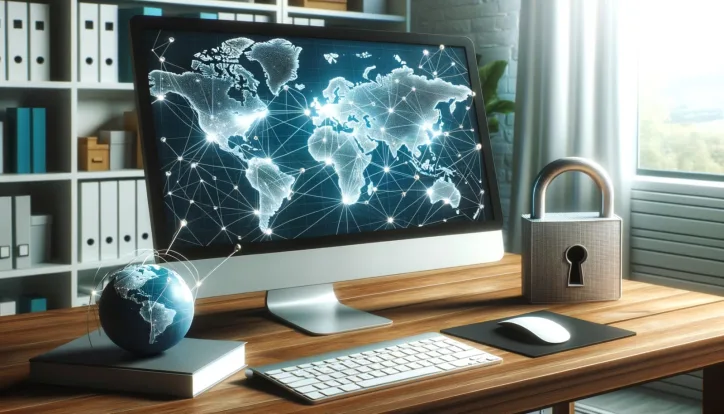
How Secure is a VPN: An In-Depth Analysis

What is a VPN Router? A Beginner's Guide

How Do I Know My VPN is Working? Here's How to Check

How to Use a VPN on a School Chromebook: Step-by-Step Guide

What is Open VPN: The Definitive User Guide
